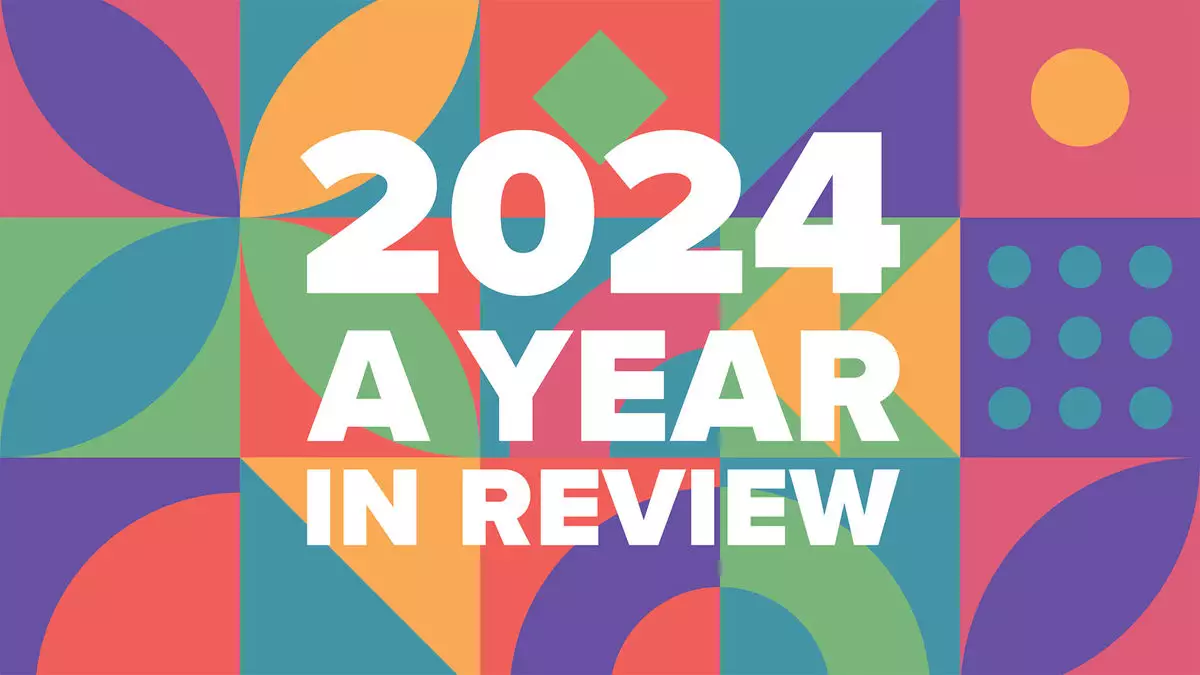The integration of artificial intelligence (AI) into various industries has accelerated remarkably, and the travel sector is no exception. According to Travel Weekly’s 2024 Travel Industry Survey, the adoption rate of AI among travel advisors has surged impressively. With almost 41% of advisors now utilizing AI tools—rising to 58% among younger advisors—this shift signals a pivotal transformation. Historically, the travel industry has not been characterized as particularly tech-savvy. However, the undeniable advantages brought by generative AI solutions—optimizing workflows and significantly reducing time spent on mundane tasks—are compelling enough to prompt a widespread embrace of these tools.
The rise of generative AI solutions has been met with enthusiasm from various travel businesses. For instance, Signature Travel Network has taken the innovative leap of providing its affiliates with TobyAI, a platform designed specifically for travel advisors. This AI tool assists in creating personalized itineraries and enhances social media engagement, showcasing how technology can enrich the customer experience. Similarly, Travel Leaders Network followed suit in December 2023, also integrating TobyAI into its offerings, thus investing further in AI-driven enhancements.
Moreover, other firms are not lagging behind. Fox World Travel, ranked 32nd in Travel Weekly’s Power List, has launched Colby AI, an AI assistant dedicated to streamlining workflows, analyzing traveler preferences, and aiding with booking inquiries. This inclusion of AI tools reflects a growing recognition among travel advisors that leveraging technology is no longer optional but essential for staying competitive in an ever-evolving marketplace.
The advancements in AI aren’t just restricted to individual travel agencies; they are also being championed by some of the industry’s giants. Expedia Group, which ranks second on Travel Weekly’s Power List, introduced Romie, a groundbreaking AI-powered travel assistant at its annual partner conference in May. CEO Ariane Gorin emphasized the omnipresence of AI in the travel industry, stating that it permeates conversations and initiatives alike. The focus on AI reflects a broader industry trend that seeks to cater to the increasing demand for personalized travel experiences through advanced technologies.
As the travel industry continues to navigate through the complexities of a post-pandemic era, the integration of AI technologies appears poised to become even more integral. With the potential to enhance customer satisfaction while driving operational efficiencies, AI not only addresses immediate challenges but also opens doors to new possibilities in travel personalization and service. As travel advisors and companies further immerse themselves in this digital transformation, the conventional perceptions of the industry may shift dramatically, paving the way for more innovative and tech-oriented solutions.
The future of travel, underscored by the integration of AI, holds immense promise. While there is still a learning curve ahead, the initial steps taken by various stakeholders demonstrate a readiness to evolve. The shift towards technology, with AI leading the way, indicates a thrilling new chapter for the travel industry, one that promises increased efficiency, enhanced customer engagement, and ultimately, a more dynamic travel experience for all.


Leave a Reply